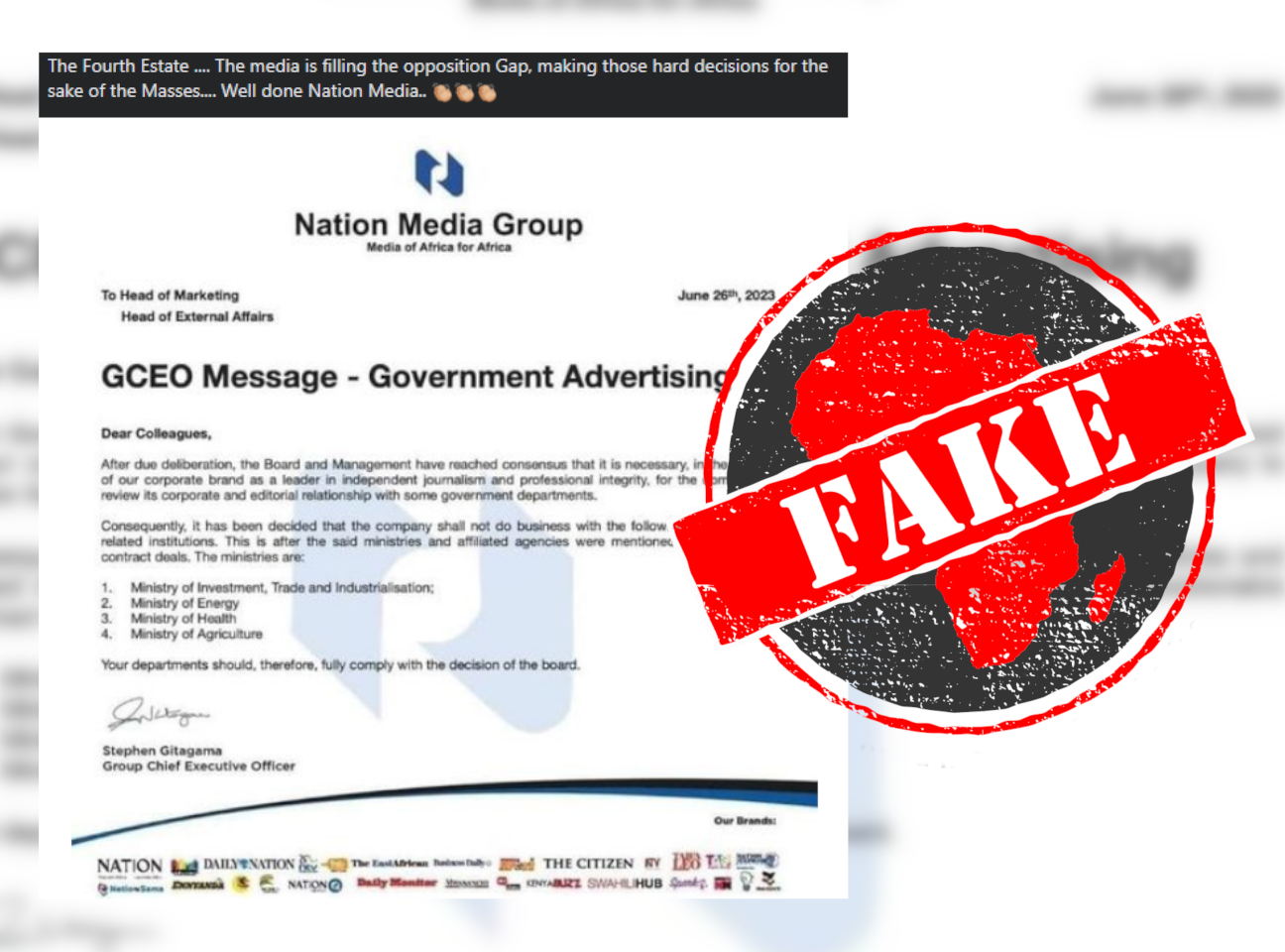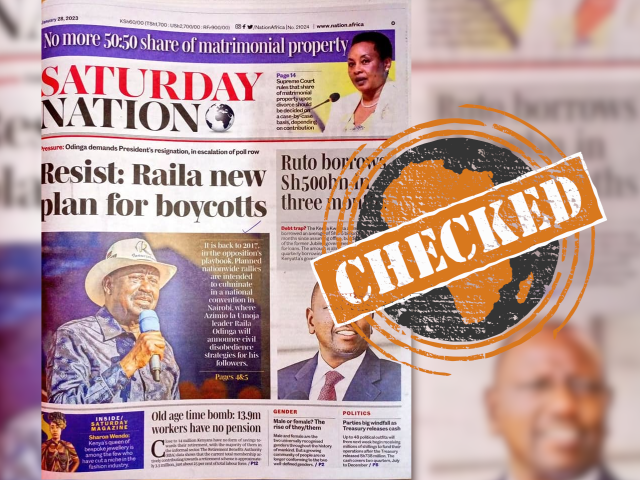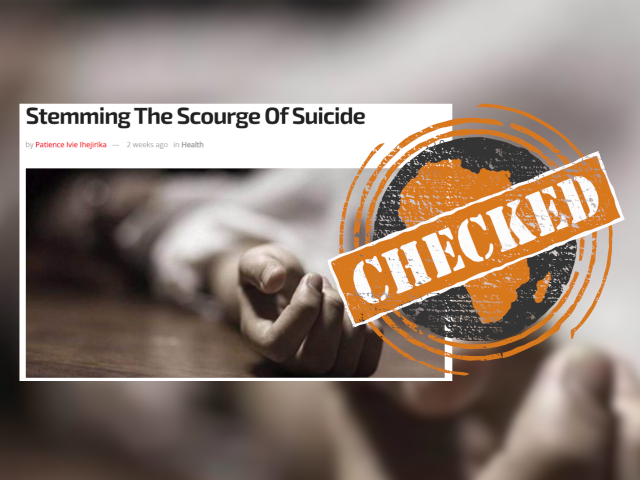IN SHORT: The row between broadcaster NMG and the Kenyan government continues. But a memo claiming NMG has stopped doing business with some ministries is fake.
“Consequently, it has been decided that the company shall not do business with the following ministries and related institutions,” reads a memo on Facebook seemingly from Kenyan media house Nation Media Group (NMG).
The document, titled “GCEO Message - Government Advertising”, goes on to list the ministries of health, energy, agriculture as well as the ministry of investment, trade and industrialisation.
Dated 26 June 2023, it has the NMG logo and appears to be signed by CEO Stephen Gitagama.
In June 2023, cabinet secretary for trade and investments Moses Kuria publicly cautioned government departments against advertising with the media house. This came after NMG published an exposé detailing how unlawful tax exemptions on oil imports could have cost Kenyans KSh10 billion (about US$71.2 million at the exchange rate in July 2023).
The document has been reposted here, here, here, here, here, here, here, here, here, here, here, here, here, here, here, here, here, here and here.
But did NMG really communicate that they will no longer be conducting business with government ministries through the circulating memo? We checked.

This poster does not represent NMG’s position
An online search for the claim brings up no credible media reports. This is the first red flag, If the memo were real, it would have been widely covered in the media.
On 26 June, NMG via their official social media accounts on Twitter and Facebook also posted the circulating memo with the word “fake” printed across it in red.
“This poster is false, misleading and does not represent NMG’s position,” reads the post on Twitter.
The circulating memo is fake and should be ignored.
Republish our content for free
For publishers: what to do if your post is rated false
A fact-checker has rated your Facebook or Instagram post as “false”, “altered”, “partly false” or “missing context”. This could have serious consequences. What do you do?
Click on our guide for the steps you should follow.
Publishers guideAfrica Check teams up with Facebook
Africa Check is a partner in Meta's third-party fact-checking programme to help stop the spread of false information on social media.
The content we rate as “false” will be downgraded on Facebook and Instagram. This means fewer people will see it.
You can also help identify false information on Facebook. This guide explains how.




Add new comment